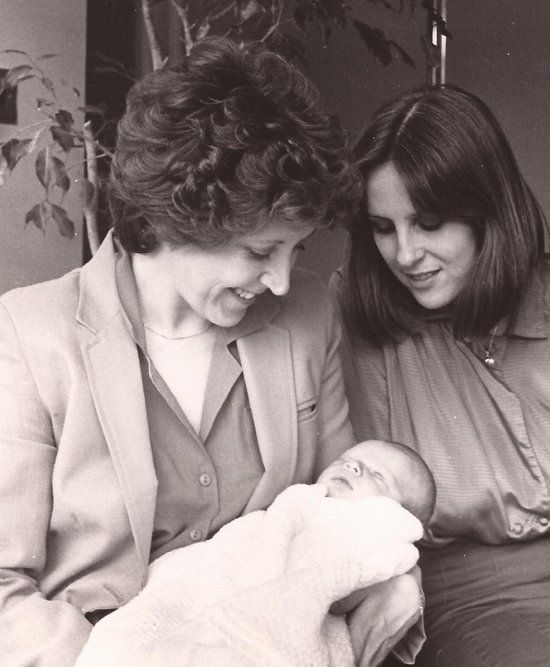The passing of IVF pioneer Sir Robert Edwards gives us pause for thought as we reflect on the achievements of IVF since the birth of the very first IVF baby Louise Brown in 1978.
Thanks to the achievements of Edwards, Dr Patrick Steptoe and their team, millions of lives across the world have been transformed as people who never thought they could have children, have become parents.
Here at Manchester Fertility, we opened our doors for the very first time in 1986, a mere eight years after Louise’s birth. Our own ‘first’ IVF baby followed in April 1987. And in the past 26 years our team has strived to continue Sir Robert Edwards legacy - that of helping people suffering from infertility to have a family. We’re proud that with our help, over 4,000 Manchester Fertility babies have been born to date.
Indeed, Sir Robert himself said that ‘the most important thing in life is having a child’ and for all of our patients, no matter what their circumstances, this is their only focus. It is all-consuming and as a team we are dedicated to overcoming the most difficult of diagnoses, developing personal treatment protocols to ensure that we can offer the very best evidence-based treatment which science allows.
Of course since Edwards’ achievement IVF has come a long way. The technique has evolved and we now offer treatment such as ICSI, where a single sperm is injected into the egg, rather than it being mixed as in IVF, enables men who have sperm disorders the best chance of a baby with their partner.
But IVF success rates aren’t something that have hugely increased. Despite the scientific advances, and the IVF treatment now being commonplace, techniques are still evolving and we still have much to learn about infertility and its many forms.
Success rates for IVF always depend on so many different factors. Your age, your diagnosis, if there any issues with your partner’s sperm, how well you respond to stimulation, the quality of any resulting eggs...the list goes on. It’s why what works for one person, may not work for you. Everyone is individual and when planning treatment, we will always look at every aspect of it to ensure that it’s tailored for you personally. This could mean altering the drugs you need to stimulate your ovaries, transferring embryos when they reach blastocyst stage, transferring a single embryo or even more than one embryo if we think it’s of benefit.
No cycle is ever the same, and no treatment path is ever the same. But what never changes is our dedication to you, our patient. Over the years we’ve become known not just for our care and compassion, but for our patient-focused approach.
Come and visit us to find out more about how we can help you. Book in for a free, informal one-to-one by calling us on 0161 300 2737.
Last updated: 15th April 2013




